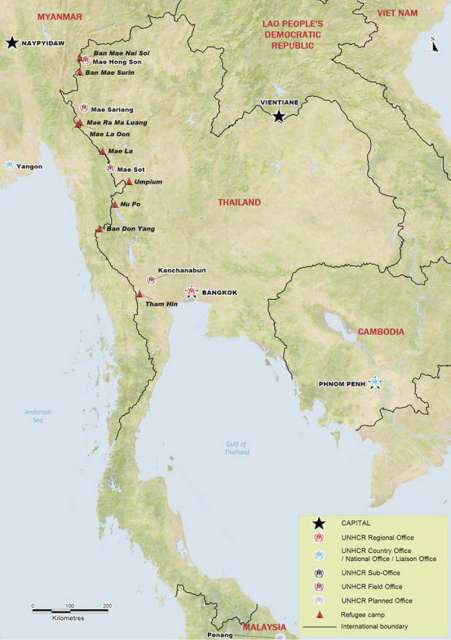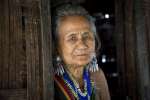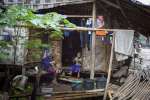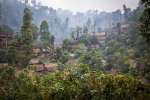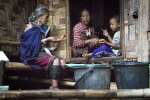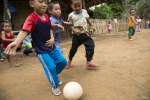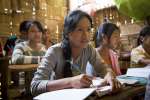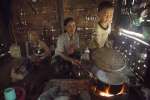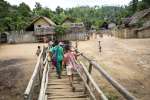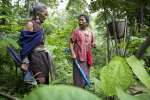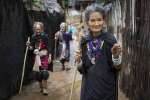- Text size
 |
|  |
|  |
| 
- Français
Deportation of Lao Hmong must stop: UN High Commissioner for Refugees
News Stories, 28 December 2009
GENEVA, December 28 (UNHCR) – UN High Commissioner for Refugees António Guterres appealed to the Thai government on Monday to immediately halt its ongoing forced return of some 4,000 Lao Hmong to the Lao People's Democratic Republic from two camps in northern and northeast Thailand.
In a press statement he expressed dismay at Thailand's move at dawn on Monday to begin the deportations. "I call upon the Thai Government to halt the forced return of Lao Hmong, some of whom have international protection needs," he said.
Thailand started the deportations from the larger of the two camps, Ban Huay Nam Khao, in the lower northern province of Petchabun. Security personnel began by loading the Lao Hmong onto trucks for the journey back to Laos. UNHCR did not have access to the site, and has not been allowed to assess the international protection needs of those living there.
Deportation of the second group, comprising some 158 Lao Hmong in extended detention in Nong Kai in northeastern Thailand, had not yet started as of Monday. Among the 158, almost 90 are children. All 158 have been recognized by UNHCR as refugees, but Thailand has so far denied them the possibility of resettlement to a third country.
In a statement last Thursday High Commissioner Guterres warned that refoulement, or forced return, would "not only endanger the protection of the refugees but set a very grave international example."
Thailand has a longstanding history as a major country of asylum in the Southeast Asian region. In addition to UNHCR, the move to begin deportations of the Lao Hmong was criticized on Monday by rights groups as well as the European Union, France, and the United States.
Under the 1951 Refugee Convention returns of refugees and others in need of protection to their home countries must only be carried out voluntarily. UNHCR will continue urging Thailand to halt the deportations to allow time for solutions that respect the international principle of non-refoulement.
By Adrian Edwards in Geneva
